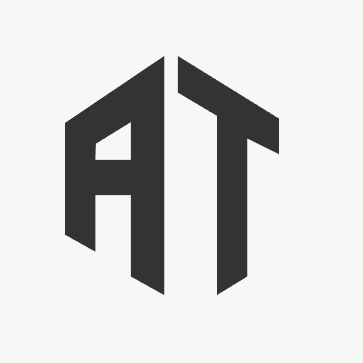概述
golang 1.18 有泛型之后,对业务代码的编写友好很多,可以更方便的实现一些不限类型的通用库。
最近尝试在 golang 中实现 ddd 的分层抽象,离不开注册和构建概念,如果没有泛型,那就需要很多强制业务代码中的类型转换代码,看起来不太优雅。
所以拿泛型实现了一个简单的容器,很方便解决了这个问题。
使用示例
使用示例
1
2
3
4
5
6
7
8
9
10
11
12
13
14
15
| package main
import "github.com/attson/container"
type Test struct {
Name string
}
func (t Test) Key() string {
return t.Name
}
type I interface {
Key() string
}
|
为结构体注册一个构建函数
1
2
3
4
5
6
7
8
9
| // 为结构体注册一个构建函数
container.Register[Test](func() any {
return Test{
Name: "test",
}
})
// 通过容器构建实例
v1 := container.Make[Test]()
println(v1.Name) // test
|
为结构体指针注册一个构建函数
1
2
3
4
5
6
7
8
9
| // 为结构体指针注册一个构建函数
container.Register[*Test](func() any {
return &Test{
Name: "test_pointer",
}
})
// 通过容器构建实例
v2 := container.Make[*Test]()
println(v2.Name) // test_pointer
|
为接口注册一个构建函数
1
2
3
4
5
6
7
8
9
| // 为接口注册一个构建函数
container.Register[I](func() any {
return Test{
Name: "test_interface",
}
})
// 通过容器构建实例
v3 := container.Make[I]()
println(v3.Key()) // test_interface
|
在容器中设置一个实例(单例)
1
2
3
4
5
6
7
8
| // 在容器中设置一个实例(单例)
container.Set[Test](Test{
Name: "test_set",
})
// 通过容器获取实例
v4 := container.Get[Test]()
println(v4.Name) // test_set
|
在容器中设置一个指针实例
1
2
3
4
5
6
7
| // 在容器中设置一个指针实例
container.Set[*Test](&Test{
Name: "test_pointer_set",
})
// 通过容器获取实例
v5 := container.Get[*Test]()
println(v5.Name) // test_pointer_set
|
在容器中设置一个接口实例
1
2
3
4
5
6
7
| // 在容器中设置一个接口实例
container.Set[I](Test{
Name: "test_interface_set",
})
// 通过容器获取实例
v6 := container.Get[I]()
println(v6.Key()) // test_interface_set
|
总结
总体使用起来简单了很多,这里针对比较复杂的业务项目,需要抽象实现分离等规范的项目

